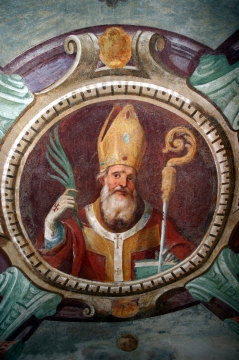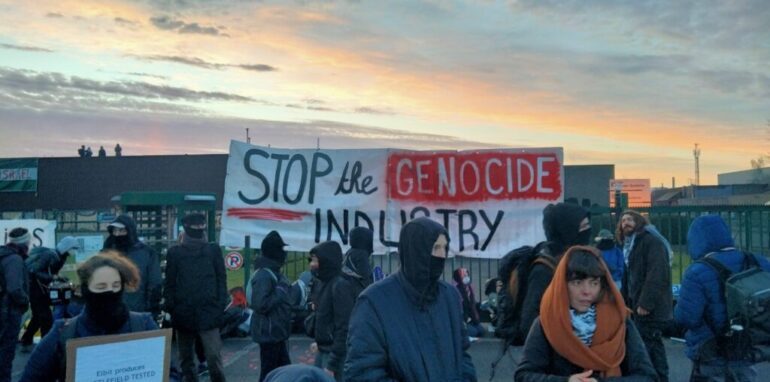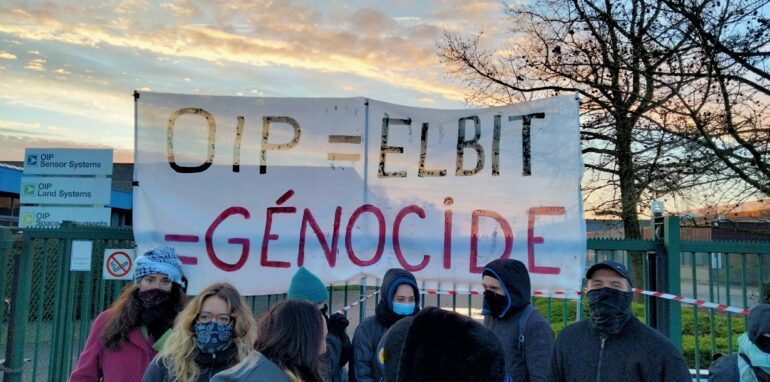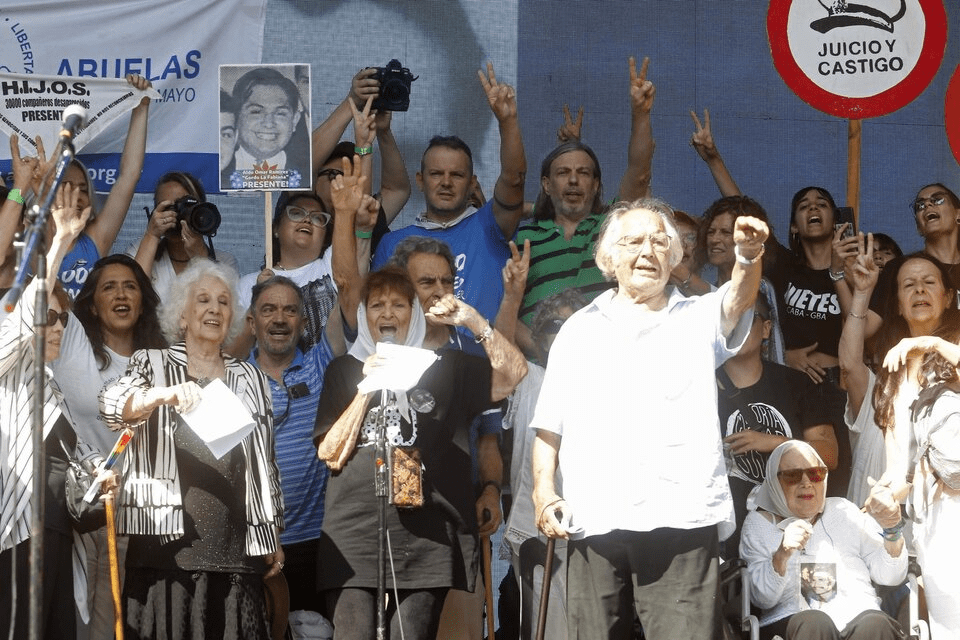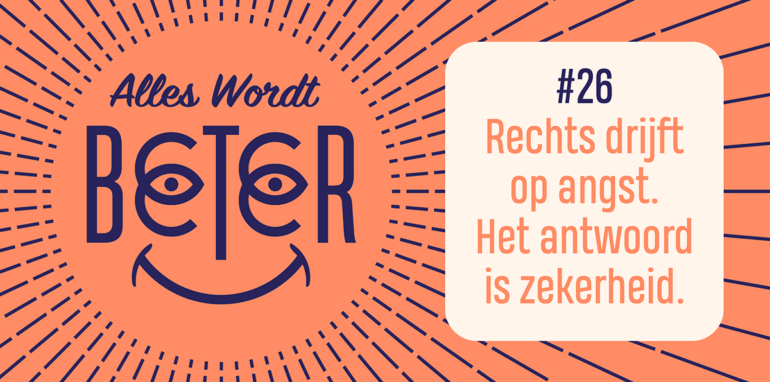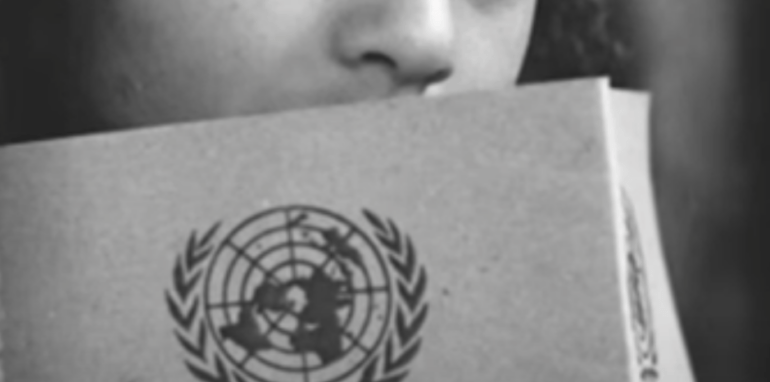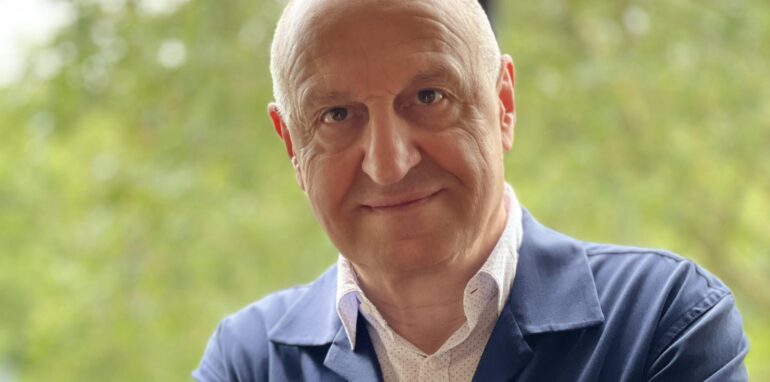Nederland
“Als De Wever premier wil worden zal hij ongelofelijk slopende onderhandelingen met Di Rupo moeten in gaan. De Wever wil flink in het sociaal stelsel snijden, Di Rupo wil het zoveel mogelijk behouden. Als De Wever in een ‘simpel’ land had geleefd, was België totaal op de schop gegaan. Maar daar is geen sprake van. België is een heel ingewikkeld land met drie gebieden en daar kun je niet zomaar dingen veranderen. De Wever zal een hoop water bij de wijn moeten doen.” (NRC)
“Bart De Wever heeft de sleutel in handen” (NOS)
“Of het de N-VA lukt om deel te nemen aan de Belgische regering is de vraag. De zogeheten traditionele partijen, de huidige regeringspartijen, lijken ook een meerderheid te hebben.” (de Volkskrant)
“In het vorige kabinet belandde de N-VA in de oppositie. Grote kans dat de twee kemphanen dit keer weer geen coalitie zullen kunnen vormen. Gebaseerd op die ervaring is volgens de website van de Belgische krant HLN Kris Peeters van de CD&V de grote winnaar. Zijn partij werd tweede in Vlaanderen, maar heeft de meeste zekerheid om in de coalitie te komen.” (Algemeen Dagblad)
VS
“During the election campaign, Di Rupo and De Wever used every opportunity to say how much they disliked each other. Now they will likely be forced into in national coalition talks that will be extremely difficult and protracted. Di Rupo is from poorer Wallonia, which traditionally leans in favor of national unity because the region would likely find it difficult to survive on its own economically. De Wever has traditionally campaigned on a platform that Wallonia is a burden to Flanders, preventing it realizing its economic potential. That is why his party wants action leading toward more autonomy as soon as possible while no longer promoting an outright breakup of the nation. He stayed away Sunday from talk of separatism and Flemish independence, urging the next government to tackle the country’s problems after a coalition is formed.” (Huffington Post)
“A party that wants to dissolve Belgium was the chief winner of a parliamentary election on Sunday, setting the scene for months of deadlock before a new government can be formed. With about 80 percent of votes counted, the opposition N-VA (New Flemish Alliance), had secured a third of the votes from the Dutch-speaking region of Flanders, the economic powerhouse in the north where some 60 percent of Belgians live. The center-right party, which captured 28.2 percent of the Dutch-speaking vote in 2010, has proposed transforming Belgium into a loose confederation of linguistically distinct regions, giving more power to regional governments. It was a sobering night for the socialists of Prime Minister Elio Di Rupo. “I hope it will be possible to form a majority which can take our country forward as soon as possible,” Di Rupo said.” (CBNC)
Italië
“Belgium’s splintered political scene makes unwieldy coalitions the norm. The country, cobbled together as a buffer state in 1830, has no federal constituency, no national parties and no national media. The balloting will also be a first test for King Philippe, who succeeded his father, Albert, 10 months ago as titular head of state. Belgium’s monarch will meet with party leaders as early as today. After completing his consultations, the king traditionally appoints a special envoy to investigate possible coalitions. With Belgium sporting the highest hourly labor costs in the 18-nation euro area, national debt at 101.5 percent of gross domestic product and public spending equaling 54.6 percent of economic output, De Wever has focused his campaign on economic themes with attacks directed at the Di Rupo-led “tax government” and at unemployment benefits for life. He also pleaded for suspending automatic wage indexation, a taboo for Di Rupo’s Socialist Party.” (Republica)
Israel
“’Bart De Wever as prime minister would be like putting the fox in charge of the henhouse,’ said Di Rupo. The Flemish nationalist leader responded ‘don’t be concerned, we don’t want a revolution, just solutions.’ Belgium has no national political parties, with the current federal coalition government made up of groups from both sides of its invisible but very real linguistic border.” (The Times Of Israel)
Frankrijk
“Le leader nationaliste a indiqué qu’il ne voulait pas d’une crise de longue durée et prendrait des initiatives. A l’adresse des francophones, il a toutefois lancé des formules peu apaisantes, estimant qu’un « fossé » séparait désormais les démocraties du nord et du sud de la Belgique, et qu’il lui importait surtout de « sauvegarder les intérêts de la Flandre » au niveau fédéral. Si, comme le veut la pratique, le roi Philippe confie rapidement une mission au leader du premier parti du pays, celle-ci risque de ne pas se dérouler sans difficultés, puisque les partis francophones ont marqué un manque totald’enthousiasme à l’idée de gouverner avec les nationalistes flamands. Même si certains peuvent partager certains de ses objectifs socio-économiques. M. Di Rupo a, de son côté, salué les partis de la coalition sortante, « qui ont permis à la Belgique d’avancer » et affirmé que le nombre des députés indépendantistes au Parlement fédéral allait diminuer « pour la première fois depuis dix ans ». Il visait la défaite du Vlaams Belang et n’a, à aucun moment, cité la NVA” (Le Monde)
“Le responsable nationaliste devrait être appelé par le roi Philippe, qui a succédé à son père Albert II en juillet dernier, à chercher des partenaires, y compris francophones, pour constituer un gouvernement fédéral. Une position quasi schizophrénique pour un homme qui clame que la Belgique ne fonctionne plus.” (Liberation)
Spanje
“De Wevers kansen om een (federale) meerderheid te vormen zijn uiterst onzeker. Na de 541 dagen onderhandelingen van 2010-2011 zijn deze resultaten de voorbode van een onzekere politieke toekomst” (El Pais)
India
“First estimates gave 33 per cent of the vote in Flanders to the New Flemish Alliance (N-VA) headed by tough-talking Antwerp mayor Bart De Wever. With Flanders in the north accounting for 60 percent of Belgium’s population of 11 million, the result, if confirmed, would see the NV-A become the biggest party in the language-divided nation. “Vicit vim virtus”, De Wever told supporters in Latin — meaning “Courage overcame violence”.The French-speaking Socialists from southern Wallonia, headed by incumbent premier Elio Di Rupo, scored just over 30 per cent. However, De Wever’s lead may prove to be too small to enable him to form a regional government in northern Flanders, while at the federal level he may find it difficult to find allies to join a coalition.Belgium has no national political parties, with the current federal coalition government made up of groups from both sides of its invisible but very real linguistic border.According to tradition, it will be up to King Philip to ask the leader of today’s winning party to form a government. It will his first election as king, having come to the throne only last year.” (NDTV)
